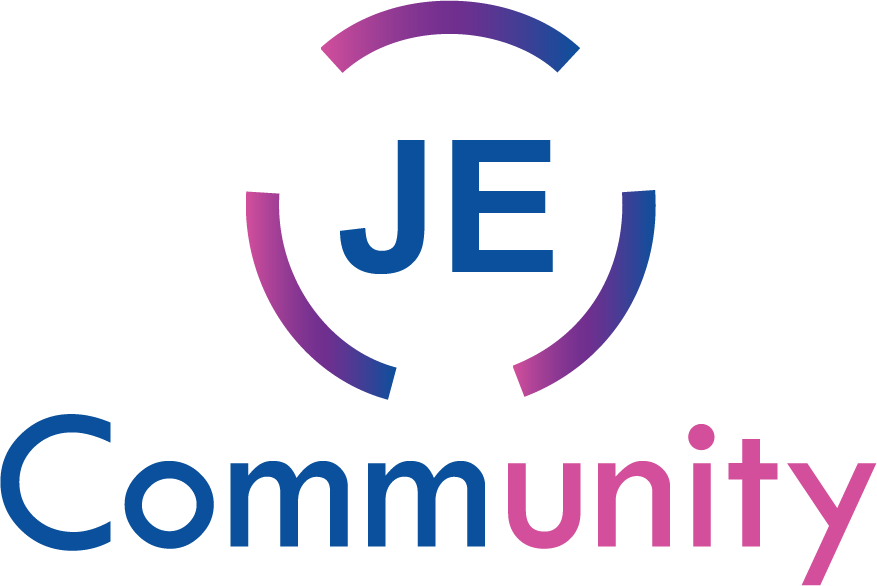How Email Communication Has Changed
For years sales trainers focused on teaching people how to connect vs. sell over email. We trained best practices like “subject lines that matter” or “emails that make an impact,” hoping that authentic connections would be formed instead of the mass-marketed email campaign that feature dumped everything about a product or service.
Enter the COVID-19 pandemic. Many industries have seen a change in consumer expectations, and the travel and hospitality industry has had to pivot, showing great concern to today’s traveler’s expectations. Health and safety are the top buying motivators of many people today, along with the effects their decisions have on their family and friends.
In today’s environment, the words you use, the time you send your emails, and your follow-up frequency are critical to increasing meaningful connections and creating loyal customers to your brand. A misstep here can be detrimental to a salesperson’s success.
The Silver Lining
2020 may be the year that we all want to forget; however, there are silver linings for communication. During months of isolation and social distancing, you may have acquired a new set of communication skills. You may have used Zoom, Facetime, or another platform you had never heard of before the pandemic to stay connected with friends, family, co-workers, and clients.
Our desire for human connection led us to seek out new communication platforms to stay sane and connected. Within weeks of the pandemic, working remotely, distance learning, Zoom conference calls, and Facetime dates became second nature. We have learned how to stay connected, and our communication game has pivoted, in my opinion, in an extremely positive direction.
Communicate with the Write Language
The language we use in our communication today is more critical than ever. Rereading, proofing, and considering your tone and word choice before sending can make or break a relationship. It is crucial to note this, as mending relationships in person may no longer be an option. When establishing rapport, here are a few essential tips:
5 Best Practices
- Show Empathy: Acknowledging that we live in an extraordinary time and tailoring your message to the individual will produce the best results. Bypassing this step may seem like you are insincere and give off a business-centric attitude that can be off-putting for you, your product, and your company. Use caution when using phrases like “I hope you are doing well” if you do not know the personal situation your contact is encountering. Consider all circumstances and keep your message positive and use compassion in your context.
- Be Authentic: As our lives become more virtual, we crave genuine online experiences. Email communication should be honest, transparent, and uniquely focused on your customer’s needs and unique situation.
- Set Realistic Expectations: Provide customers with relevant information regarding your product or service. Set expectations with accurate timelines and return policies or cancelation clauses.
- Provide Helpful Solutions: With health and safety being a top priority, provide information on how you are keeping your products, your team, and your customers safe. Any additional information that you can give offering solutions for working remotely, staying productive, anything of value to your customer may be insightful.
- Don’t be Afraid to be Vulnerable: You may not have the answers – and that’s ok. Expressing that you are willing to work together to find a solution that exceeds client expectations is vital.
Signing Off
The way you end your email communication can also have an impact. “Stay safe” and “Be well” may be appropriate, but consider a client living with someone who is impacted by the virus. Everyone’s situations are different, and understanding that may help you make your communication more effective. With the lack of person to person contact, use your email communication as an opportunity to be genuine and unique to your client.
Foster Relationships
It may feel like there is no “right” way to communicate right now. With best practices and our vernacular changing by the week, what was acceptable today may not be tomorrow. One thing is sure – almost all people desire genuine relationships. In a world of uncertainty, providing a positive spark that is genuine will make you stand out. In the words of Conrad Hilton, “It has been, and continues to be, our responsibility to fill the earth with the light and warmth of hospitality.”
April Eskelson, Director of Instructional Design
October 27, 2020
Jacaruso Enterprises
Jacaruso.com
April Eskelson is the Director of Instructional Design at Jacaruso Enterprises, Inc. Jacaruso provides remote hotel sales service and eLearning to over 800 hotels in the US, Canada, Mexico and Latin America. To learn more, visit: http://jacaruso.com/online-hotel-sales-training/




